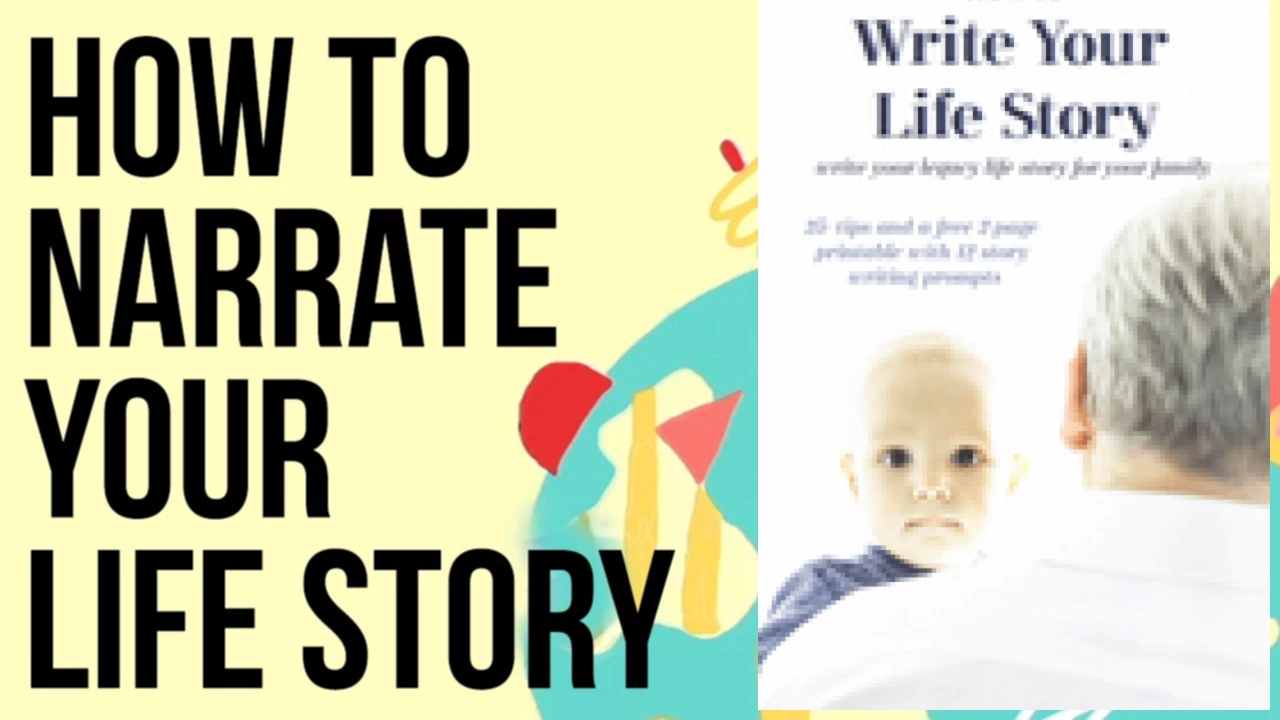A staggering 80% of people have never documented their life story. Don't let your memories fade. Start preserving your legacy today – your family will thank you for it.
Writing your life story can feel daunting, but it’s a profoundly rewarding experience. It's a chance to reflect on your journey, share your wisdom, and leave a lasting legacy for generations to come. But where do you begin? This guide offers practical tips and strategies to help you embark on this enriching project, making legacy writing easy and accessible for everyone.
Here are three key steps to get started:
- Gather your materials: Journal, photos, letters, and any other mementos that spark memories.
- Choose a writing style: Chronological, thematic, or even a free-flowing narrative.
- Set realistic goals: Don't aim for perfection, just start writing!
Overcoming the Hurdles: Common Challenges in Personal History Journaling
Many people hesitate to start their life story, often due to concerns about their writing skills or the sheer volume of memories. But remember, this isn't a polished novel; it's a personal testament. Embrace imperfections. How can you overcome these barriers and begin recording your precious memories for your family? It’s simpler than you might think.
Simplifying the Process: Tips for Seniors and Beginners
| Challenge | Solution |
|---|---|
| Lack of time | Start small. Write for 15 minutes a day. |
| Fear of writing | Don't edit as you go. Just get your thoughts down. |
| Organizing memories | Use photos and objects as prompts. |
Crafting a Compelling Narrative: Storytelling Tips for Seniors
One of the most effective ways to make your life story engaging is to focus on specific anecdotes and details. Instead of simply stating facts, use vivid language to paint a picture of your experiences. What sensory details can you recall? What emotions did you feel? These sensory details will breathe life into your story.
Think of your life as a tapestry woven with threads of experiences, relationships, and lessons learned. Each thread, each event, contributes to the overall pattern, forming a beautiful and unique masterpiece. Similarly, every memory and experience adds a layer to the richness of your life story. Every detail enriches your personal history.
Remember, your life story is more than just a chronological account of events; it’s an opportunity to share your unique perspective, your triumphs, your challenges, and the wisdom you've gained along the way. It's a gift you can give to future generations. Consider adding photographs, letters, or other memorabilia to further personalize your storytelling. How might these additions elevate your story?
"The most beautiful things in life are not things. They are people and experiences." - Unknown
Frequently Asked Questions (FAQ)
- Q: How long should my life story be? A: There's no right or wrong answer. Write as much or as little as you feel comfortable with.
- Q: What if I can't remember details? A: Use photos and other mementos as prompts. Talk to family and friends.
- Q: Do I need to be a good writer? A: No! Your story is personal. Focus on expressing yourself.
- Q: How can I make my story engaging? A: Use vivid language, focus on key moments, and share your feelings.
- Q: What should I do with my finished story? A: Share it with family and friends, self-publish, or keep it as a treasured keepsake.

